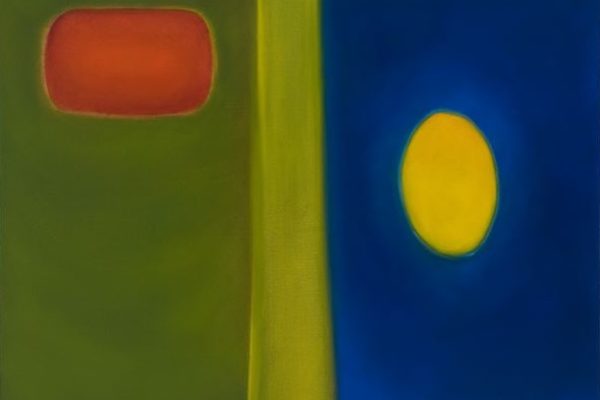In the biblical era, Shavuot marked the beginning of the grain harvest. The new agricultural season was also marked by bringing new fruits to the Temple. After the Temple’s destruction in 70 CE, the nature of the holiday changed, and it began to be associated with the Revelation at Sinai. The holiday of Shavuot comes to celebrate God’s gift of the Torah to the Jewish people.
In ways unprecedented in Jewish history, women are renewing our connection with Sinai through study and engagement of Torah. For example, only in recent years have women begun to study Talmud in increasingly large numbers. Shavuot is celebrated with an all-night study session, a tikkun leil Shavuot, at which traditional texts are studied. The biblical text associated with Shavuot is the Book of Ruth, a pastoral romance that uniquely represents the collaborative and redemptive friendship of women.
Today Jewish women write themselves back into history and engage in a dialogue with Jewish texts. Women have for years learned what the men heard at Sinai. Now we have the opportunity to reclaim our relationship to Torah and to hear the revelation for ourselves. As Jewish feminist theologian Judith Plaskow writes in her book Standing Again at Sinai, Jewish feminists must “reclaim Torah as our own. We must render visible the presence, experience, and deeds of women erased in traditional sources. We must tell the stories of women’s encounters with God and capture the texture of their religious experience. We must expand the notion of Torah to encompass not just the five books of Moses and traditional Jewish learning, but women’s words, teachings and actions hitherto unseen” (p. 28). Our interpretations and reactions are necessary to make Judaism whole.
Having a feminist tikkun with a women’s group such as a synagogue sisterhood, or a Rosh Hodesh (new month) group, is an opportunity to take up Plaksow’s challenge by including Jewish feminist texts in your study/learning. Use the Shavuot or Feminist Torah Commentary sections of Rituallwell’s bibliography for some feminist texts that will expand and enhance your study of Torah. These books are available through online bookstores or from your local Jewish bookstore.
If you would like to plan your own feminist/women’s tikkun, here are some suggestions:
Where to have it:
Tikkunim (pl.) often take place in a communal space such as a synagogue or community center. This can be good for ensuring enough space and facilities for both food and study. However, some people prefer a more intimate setting and choose to invite others to their homes to study during the evening. If you do this, make sure that you have a good supply of coffee, tea, bagels, and dessert to get you through the night. Also make sure to have enough copies of the texts you will be studying.
Some suggested feminist/women’s tikkun topics:
- Women and Revelation
- Biblical Women
- Women and Leadership in Jewish Text Throughout the Ages
- Women and Time in Texts and In Our Lives
Consult some of the works in the bibliography for inspiration. See especially the wonderful and provocative essays in Judith Kates’ and Gail Twersky Reimer’s anthology, Reading Ruth: Contemporary Women Reclaim a Sacred Story (Ballantine Books, 1994) (personal essays, fiction, and poetry by thirty contemporary Jewish women on different aspects of the biblical book of Ruth).
Artwork by Betsy Teustch.











